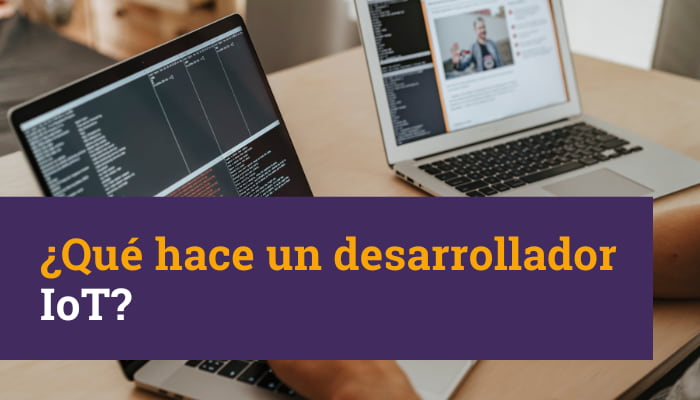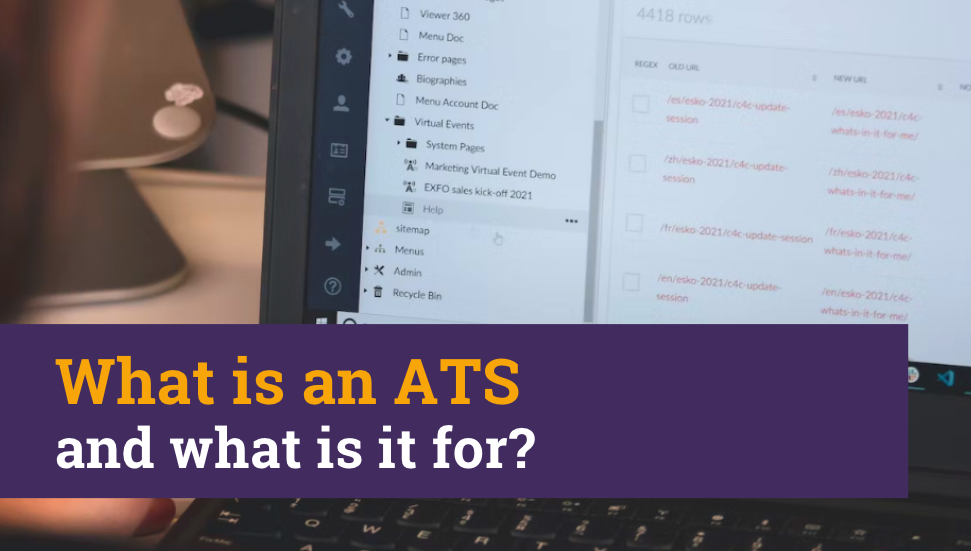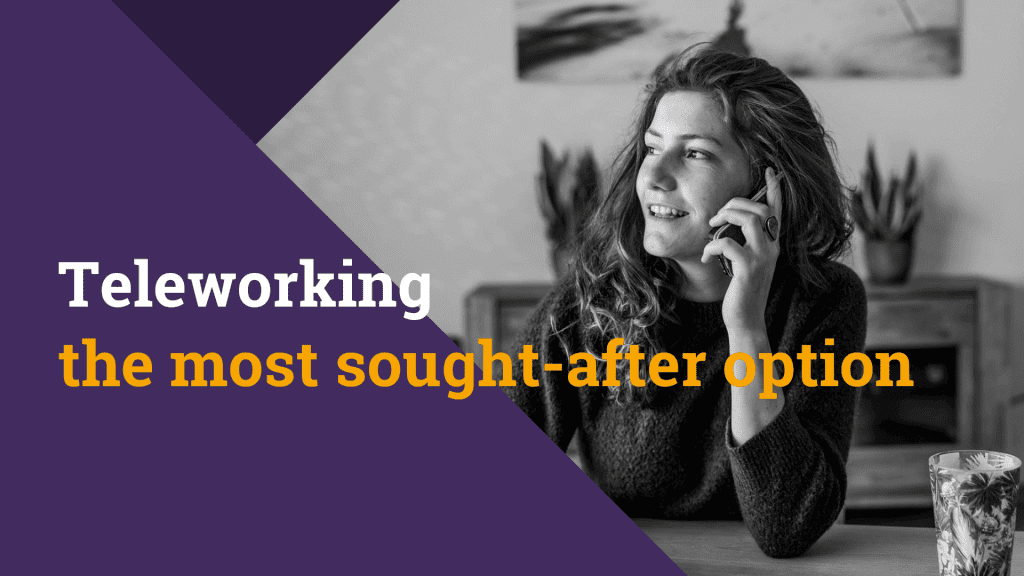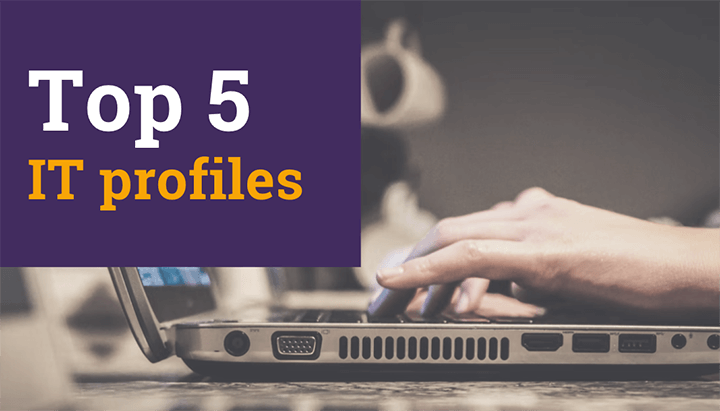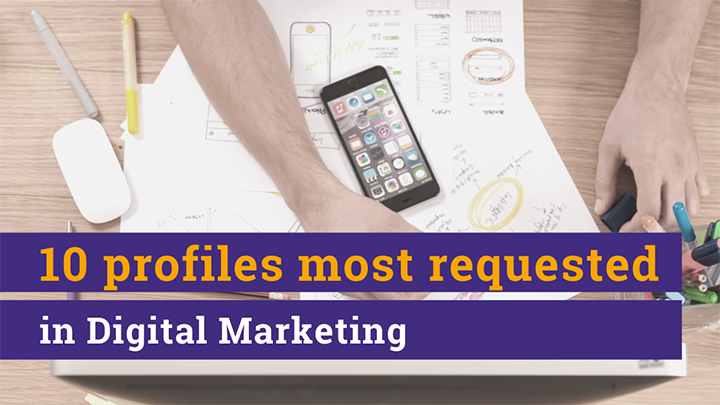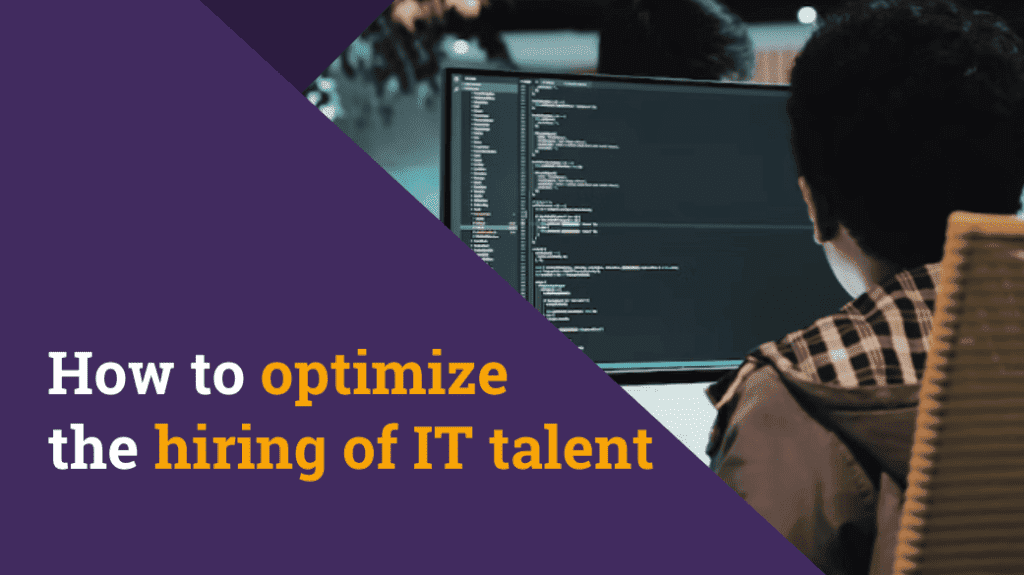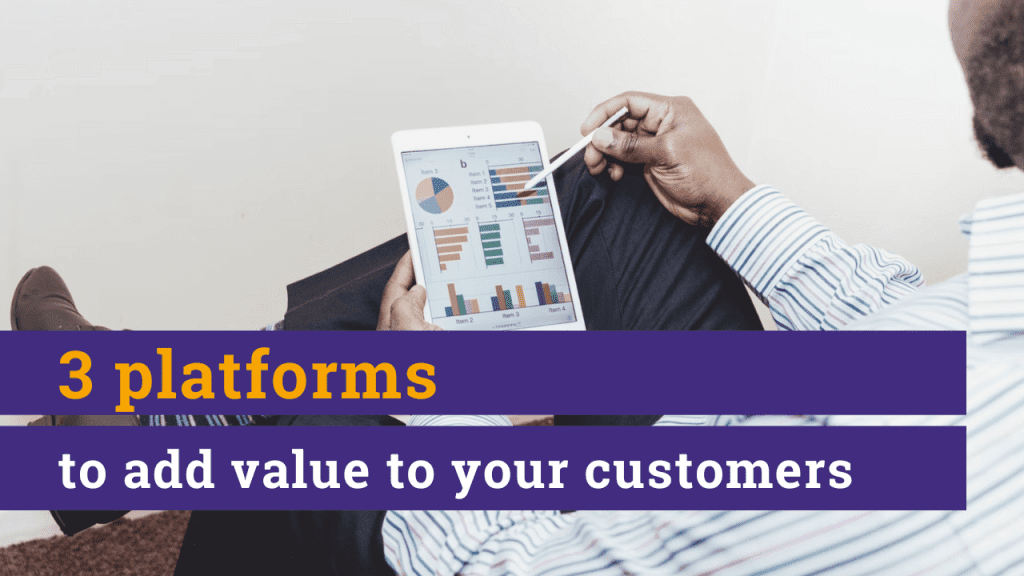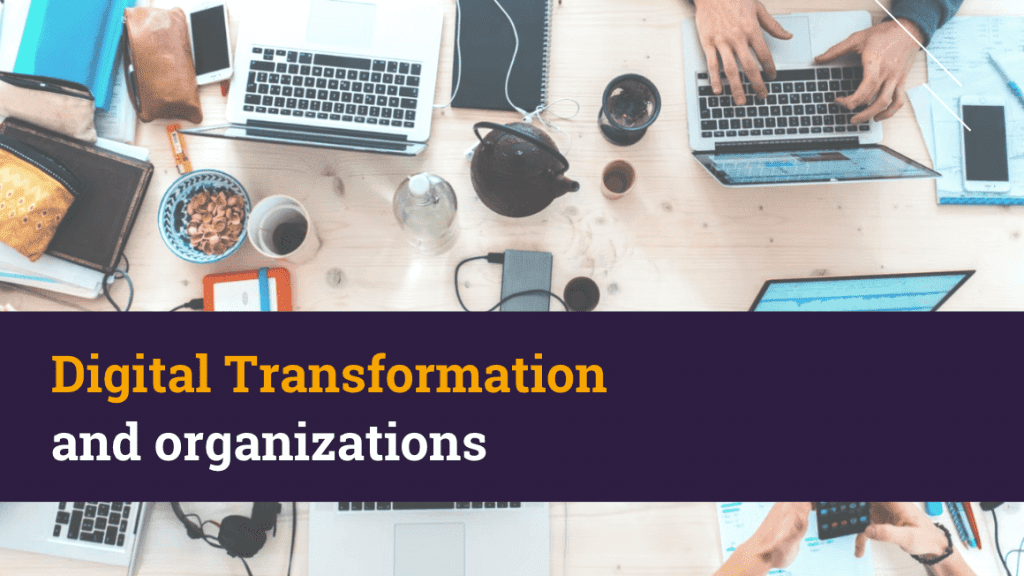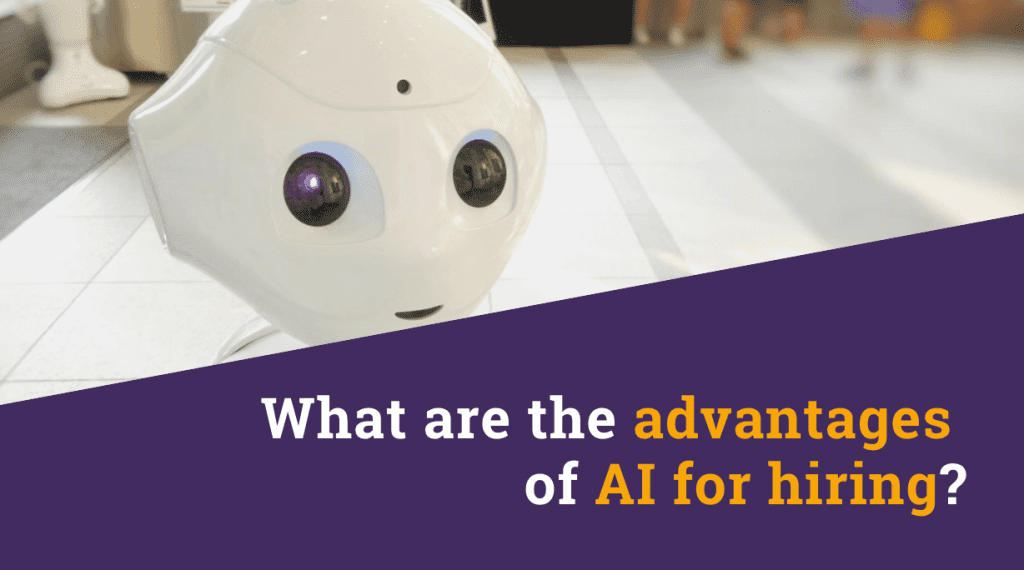What does an IoT developer do?
The Internet of Things (IoT) has quickly become a major focus of attention for IT companies and, with the growing number of connected devices, the demand for qualified IoT developers has never been higher. An IoT developer is responsible for designing and developing the software and hardware that powers IoT devices and systems. This includes both the low-level firmware running on the devices themselves and the backend systems that collect and process the data generated by these devices. Core functions of an IoT developer One of the main responsibilities of an IoT developer is to work closely with hardware engineers to design and implement the software running on the devices themselves. This includes the development of low-level firmware, such as device drivers, as well as high-level code that implements the device’s functionality. Another important function of IoT developers is to work on backend systems that process and analyze data generated by IoT devices. This includes developing and maintaining databases, creating data pipelines and creating machine learning models to extract information from data. IoT developers also play a crucial role in integrating IoT devices with other systems, such as enterprise resource planning (ERP) systems, customer relationship management (CRM) systems and cloud platforms. They are responsible for developing APIs and other integration points, and ensuring that device-generated data is properly integrated into these systems. In addition to these technical responsibilities, IoT developers must also have a solid understanding of the business and operational needs of the companies they work for. They must be able to translate the needs of different departments into technical requirements and work closely with stakeholders to ensure that the solutions they develop meet the needs of the company. Skills an IoT developer should have In terms of competencies, IoT developers must have strong knowledge of programming languages such as C, C++, Python, Java and JavaScript, as well as experience with IoT protocols such as MQTT, CoAP and Zigbee. They should also be familiar with IoT platforms such as AWS IoT, Azure IoT and Google IoT Core. It’s also important to be familiar with cloud platforms like AWS, Azure, and Google Cloud. In addition, they should have a good knowledge of security best practices when it comes to IoT devices and systems, as the security of these devices is a critical concern. In short, IoT developers are responsible for designing, developing and maintaining the software and hardware that powers IoT devices and systems. They work closely with hardware engineers, data scientists and other stakeholders to create solutions that meet the needs of the company and customers. As IoT continues to grow and gain prominence in the IT sector, IoT developers will play a crucial role in helping businesses harness the power of connected devices to drive innovation and improve operations. If you are looking for the best developers and IT profiles do not hesitate to contact TalentFY. Try TalentFY in a Live Demo Try our recruiting platform without compromise.And if it doesn’t work for you, YOU DON’T PAY No small print. Schedule Demo Join our News Subscribe and receive our most exclusive content and news every month directly in your inbox.


